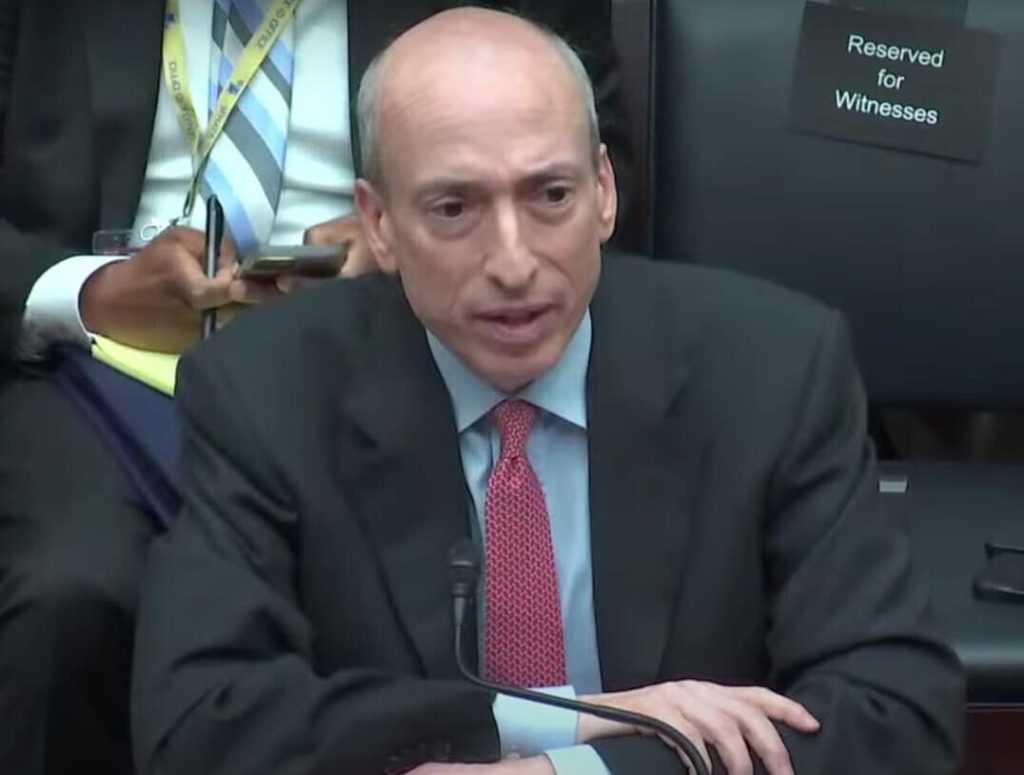The US Securities and Exchange Commission (SEC) is under scrutiny after Democratic lawmaker Rep. Wiley Nickel from North Carolina criticized the agency’s management of a controversial bulletin concerning the accounting of companies’ crypto holdings.
Rep. Nickel has voiced concerns about the potential repercussions of the bulletin, stating that it could undermine the safety of digital assets, according to a report from The Block.
The representative’s remarks came just days after the Government Accountability Office (GAO) highlighted that the SEC should present the bulletin to Congress for evaluation before it can take effect.
During a House Financial Services subcommittee hearing, Rep. Wiley emphasized his satisfaction with Congress having a say in this matter and expressed his reservations about the SEC’s compliance with the Administrative Procedures Act (APA), which governs how federal agencies establish and issue rules.
The bulletin in question is the SEC’s Staff Accounting Bulletin No. 121 (SAB 121), published in March 2022, which mandates that companies that hold crypto on behalf of customers record those holdings as liabilities on their balance sheets.
The GAO’s recent statement clarifies that the Congressional Review Act requires agencies to submit a report on a rule to Congress before it becomes effective.
Already, critical reactions have come in from several other members of Congress.
Rep. Patrick T. McHenry, a Republican from North Carolina, and Chair of the House Financial Services Committee, has said he believes the bulletin imposes substantial new requirements on financial institutions and could discourage them from offering custodial services.
Meanwhile, Sen. Cynthia Lummis, a Republican from Wyoming who is known as one of the most pro-crypto members of Congress, plans to use the Congressional Review Act to block the rule, emphasizing that it should have been presented as an official rule rather than a bulletin.
Read the full article here
